In-house games have emerged as an intriguing and novel aspect of the gaming industry. Unlike typical video games created by large gaming studios, in-house games are designed by companies exclusively for their employees and customers. These games serve various purposes, ranging from fostering fun and team-building to marketing and education. In-house games come in diverse forms. This article will delve into their history, the prominent companies behind their creation, and the many benefits they offer. We will also explore pivotal events and historical case studies that have influenced the evolution of in-house games.
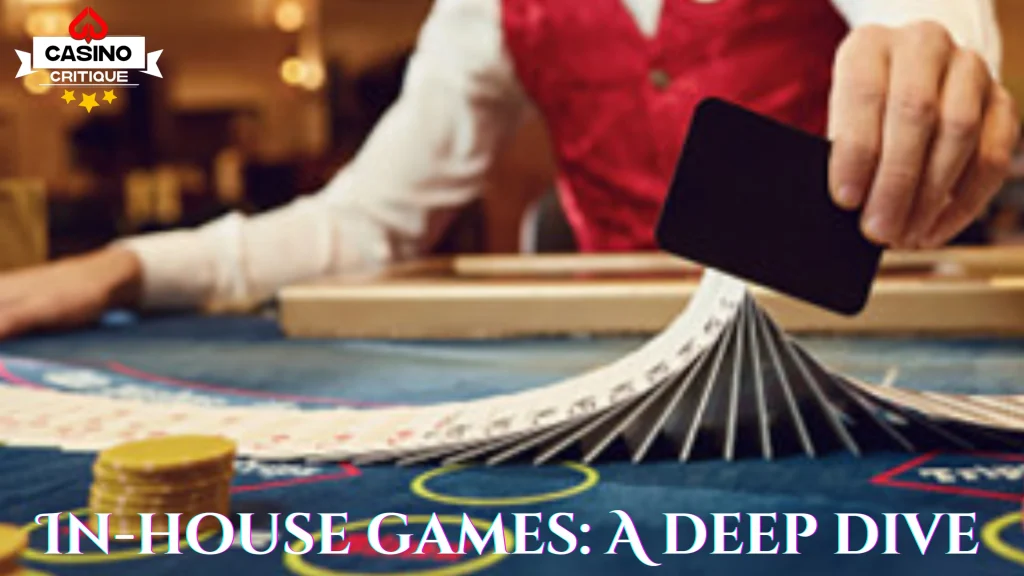
Table of Contents
History of In-House Games
In-house games may appear to be a recent trend, but they’ve been around for quite a while. As the technology and gaming industries have expanded, so has the concept of creating customized games for specific purposes. Here is a short summary of how things have changed over time:
Early Roots (1960s-1980s)
In the business world, companies began using gamified training programs and advertising games as far back as the 1960s. This marks the inception of in-house games. Typically, these early games were text-based simulations or educational tasks designed to maintain employee motivation and customer engagement.
The well-known McDonald’s Monopoly game, introduced in 1987, stands as one of the initial instances of a promotional in-house game. Even though it’s not a digital game, it demonstrates how to create an engaging experience that can capture customers’ interest and foster brand loyalty.
Emergence of Serious Games (1990s-2000s)
Serious games, a category of in-house games designed for educational and training purposes, emerged during the 1990s and 2000s. In this period, interactive simulations, e-learning modules, and training games were developed. Nowadays, they are applied in various sectors, including healthcare, the military, and aviation.
“America’s Army,” a video game created by the U.S. Army for recruiting and training soldiers, is one of the earliest prominent examples. It was released in 2002 and demonstrated how video games could be utilized for military training and recruitment.
Rise of Gamification (2010s)
The emergence of gamification in the 2010s brought significant changes to in-house games. Gamification is a strategy that incorporates game elements into non-game contexts. Companies began incorporating game-like features into their advertising, customer loyalty programs, and initiatives to increase employee engagement.
For instance, Starbucks introduced the “Starbucks Rewards” program, which employed games to incentivize customer loyalty. Customers could earn rewards and collect stars for their purchases, making the experience feel like a game and motivating them to return.
Modern Era (2020s and Beyond)
Today, in-house games blend technology, enjoyment, and engagement. To connect with their audience, businesses are investing significantly in creating customized digital games and other interactive experiences.
Today, in-house games come in various forms and serve multiple purposes, ranging from virtual reality (VR) team-building games to mobile games for advertising products and services. Thanks to the rapid changes in the gaming industry and the accessibility of game development tools, businesses of all sizes can now create entertaining in-house games more easily.
Types of In-House Games
Different kinds of in-house games are made to achieve different goals. Let’s look at the different kinds of in-house games that businesses use for various reasons:
1. Training and Education Games
The purpose of these in-house games is to enhance learning for both employees and customers. They are frequently employed for training new staff, enhancing skills, and ensuring that rules are adhered to.
Some examples are:
- Simulations: Interactive simulations, such as flight simulators for pilots or medical simulations for healthcare professionals, provide employees with a secure environment to practice real-life scenarios.
- E-Learning Games: Educational games incorporate game-like elements to make learning more enjoyable and engaging. They are frequently utilized in schools, colleges, and corporate training programs.
2. Employee Engagement and Team Building Games
A positive workplace culture benefits from games designed to boost morale, teamwork, and communication. These games encourage individuals to collaborate and find solutions together. Some examples are:
- Escape Room Games: Teams must collaborate to solve puzzles and “escape” within a specified time frame in virtual escape rooms.
- Team-Building Simulations: In these games, you and your team have to accomplish tasks like constructing a virtual bridge together or surviving in a virtual desert.
3. Promotional and Marketing Games
As part of their marketing and advertising efforts, businesses frequently employ in-house games to maintain customer interest, increase brand awareness, and enhance sales. Some examples are:
- Branded Mobile Games: Companies create mobile games featuring their logos or products and offer rewards or discounts for performing well in the games.
- Contests and Sweepstakes: Interactive contests and sweepstakes encourage people to participate and win prizes, thereby fostering greater brand loyalty.
4. Corporate Wellness Games
Health and wellness games for employees aim to motivate them to lead a healthy lifestyle. These games often include fitness challenges, mental health exercises, and stress-relieving routines. Examples include:
- Step Challenges: Employees compete to see who can take the most steps, which encourages physical activity.
- Meditation and Relaxation Apps: There are apps available for employees to use at work, which help them meditate and relax to reduce their stress.
5. Customer Engagement and Loyalty Games
Companies create their own games with special rewards and perks for loyal customers to retain and reward them. Examples include:
- Customer Loyalty Programs: These are systems that use points to thank customers for repeatedly buying from the brand and staying engaged with it.
- Interactive Product Demos: Virtual product demonstrations allow people to view and interact with products before making a purchase.
6. Event-Based Games
In the world of business events, trade shows, and conferences, in-house games are often deployed to enhance the overall experience. These games can feature elements like scavenger hunts, interactive booths, and trivia events to maintain participants’ engagement and enthusiasm.
7. Gamified Surveys and Feedback
Businesses use in-house games to gather valuable information and feedback from customers. Incorporating games into surveys and feedback forms makes the process more enjoyable and encourages more people to participate.
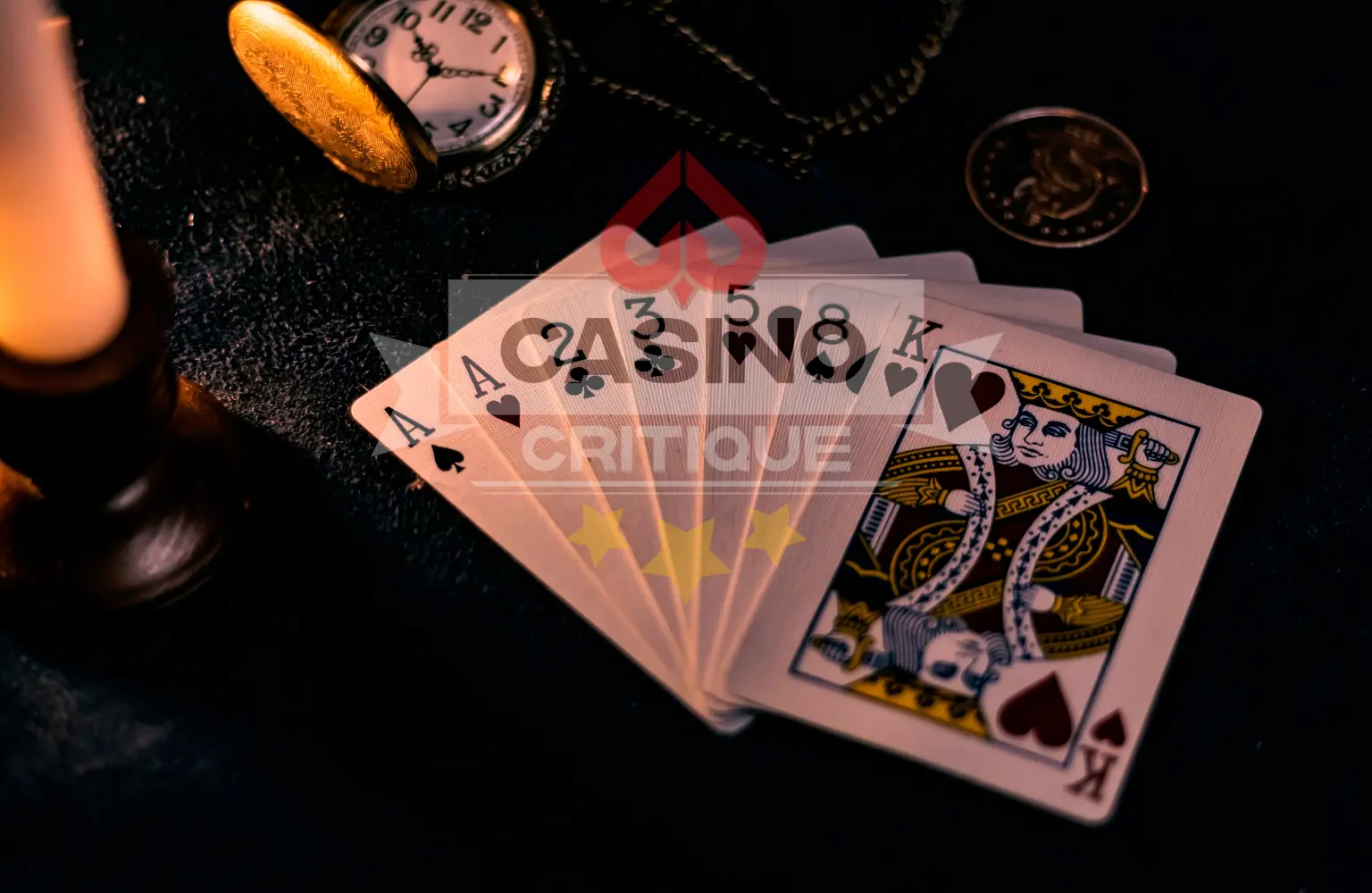
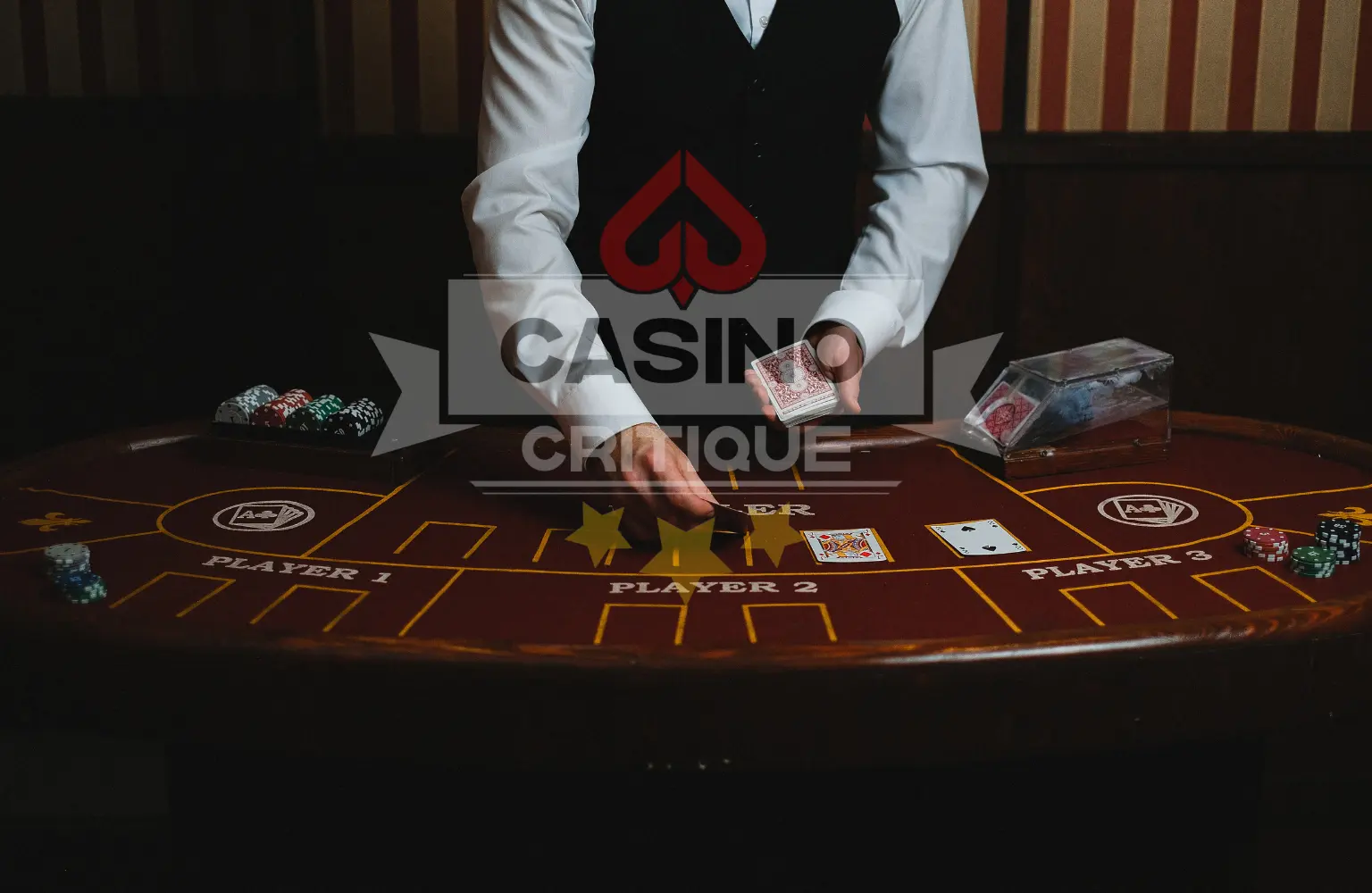
Providers of In-House Games
A variety of service providers, including game development teams, software companies, and marketing firms, collaborate to create in-house games. These companies specialize in ensuring that the game experiences they offer are customized to meet their clients’ needs perfectly.
Here are some important companies in the field:
1. Game Development Studios
Game creation studios are skilled at crafting enjoyable and engaging games that they develop in-house. They possess the expertise to leverage technology and ingenuity to create games that assist companies in achieving their objectives.
These are some well-known companies that do their own game development:
- Ubisoft: Ubisoft is famous for creating top-notch video games, and they have now ventured into producing games for companies and organizations.
- Epic Games: Epic Games, the company behind the popular game engine Unreal Engine, offers customized game development services for in-house projects.
2. Software Development Companies
Many software companies now create in-house games as part of their services. They utilize their programming and coding expertise to develop interactive experiences. Notable examples include:
- Unity Technologies: Unity is a popular choice for in-house games because it’s a leading platform for game development. It provides tools and services for creating interactive 2D, 3D, AR, and VR experiences.
- Microsoft: Microsoft’s Azure cloud computing tool offers options for creating and hosting in-house games that are designed to be scalable and fast.
3. Marketing and Creative Agencies
Marketing and creative agencies often collaborate with companies to develop and manage their own games as part of larger marketing campaigns. These agencies specialize in creating engaging content and marketing strategies. Here are some well-known companies in this field:
- AKQA: The global digital firm AKQA is known for creating new ways to provide interactive experiences, such as developing in-house games for clients across various industries.
- R/GA: Creative individuals and technology work together at R/GA to create in-house games and interactive projects that engage and captivate people.
4. Custom Software Development Firms
Custom software development companies create unique software solutions, which might include games designed specifically for the company. They ensure that their services align with the needs and objectives of each client. Some notable custom software development firms include:
- Toptal: Toptal helps companies find the best software developers, including game writers, to work on custom projects inside the company.
- Cognizant: Cognizant provides full custom software development services, which include making in-house games for companies that want to offer unique interactive experiences.
5. In-House Development Teams
There are some bigger companies that have their own programming teams that make games and apps just for them. These teams use the company’s own resources and understanding of the subject to come up with custom solutions.
6. Freelance Game Developers
Firms can also hire freelance designers and gamewriters who make games for the company. Freelancers can often help with smaller tasks and offer flexible, low-cost options.
Benefits of In-House Games
Various businesses and organizations can gain advantages from implementing in-house games. Here are some compelling reasons to incorporate custom games into your strategy:
1. Enhanced Engagement
In-house games are unmatched when it comes to sustaining people’s interest and engagement. They have the power to transform those who are merely mildly interested into active participants, facilitating stronger connections between the brand and its employees or customers.
2. Improved Learning and Training
In-house games provide an enjoyable and interactive method for learning, especially for educational and training purposes. They enable individuals to practice real-life scenarios without any real-world consequences, making the learning experience both enjoyable and practical.
3. Brand Visibility and Loyalty
Incorporating branding elements into in-house games can significantly boost a brand’s visibility. Users tend to remember and stay loyal to a brand when they can engage with it through a game.
4. Data Collection and Insights
Games can be designed to collect valuable information about customer behavior, preferences, and performance. This data can be instrumental in shaping future product and marketing strategies.
5. Employee Morale and Productivity
Games that encourage teamwork and engagement can improve morale and enhance productivity in the workplace. They motivate employees to communicate, collaborate, and problem-solve effectively.
6. Competitive Advantage
Businesses can gain a competitive edge by providing enjoyable and distinctive games for their employees. A well-designed game can make a company stand out in its industry.
7. Flexibility and Customization
One significant benefit of in-house games is their adaptability. Businesses can customize games to their requirements, whether it’s to generate interest in a new product, train employees, or promote an event.
Notable Historical Events and Case Studies
To gain a better understanding of the evolution of in-house games, let’s examine some key historical events and case studies that have significantly impacted the industry.
1. McDonald’s Monopoly Game
As mentioned earlier, the McDonald’s Monopoly game, launched in 1987, remains one of the most iconic instances of an in-house advertising game. When customers purchased food, they received game pieces that provided them with an opportunity to win prizes such as free food, cash, and even a new car. This campaign significantly boosted sales and maintained customer engagement, demonstrating the marketing potential of in-house games.
2. America’s Army
“America’s Army,” a video game created by the U.S. Army, stands as one of the earliest examples of in-house games. Upon its release in 2002, the game aimed to encourage individuals to enlist in the military by providing a realistic and enjoyable experience. It went beyond recruitment, demonstrating the potential of computer games for educational and training purposes.
3. Nike Run Club
“America’s Army,” a video game created by the U.S. Army, stands as one of the earliest examples of in-house games. Upon its release in 2002, the game aimed to encourage individuals to enlist in the military by providing a realistic and enjoyable experience. It went beyond recruitment, demonstrating the potential of computer games for educational and training purposes.
4. Pokémon GO
Pokémon GO is a fantastic example of a location-based augmented reality (AR) game that significantly impacted businesses, even though it wasn’t developed by a business for its internal use. Since the game gained immense popularity, numerous businesses, particularly those in the food and beverage industry, transformed into PokéStops or Gyms. As a result, more people visited these establishments, leading to increased sales. This demonstrates that virtual reality games can be beneficial for businesses.
5. Marriott Bonvoy’s “Bonvoy Adventure”
In 2019, Marriott Bonvoy, the company’s rewards program, launched the “Bonvoy Adventure” game for its employees. Participants in this interactive experience could earn points by completing in-game tasks, like staying in hotels and engaging in virtual travel. This game not only maintained the interest of loyal customers but also encouraged them to redeem their points for tangible rewards such as hotel stays and vacation packages.
In-House Games in the U.S. Landscape
Valued at $70 billion in 2024, the U.S. online casino market is tightly regulated, with states like New Jersey, Michigan, and Pennsylvania at the forefront. In-house casino games USA are surging as operators seek to differentiate under stringent U.S. casino regulations.
State-Specific Regulations
Each state imposes unique rules:
- New Jersey: The NJDGE mandates rigorous RNG and fairness testing for all games, including in-house titles.
- Pennsylvania: The PGCB requires detailed game performance reports, encouraging high-quality proprietary casino games.
- Michigan: The MGCB prioritizes player safety, shaping in-house game trends like clear payout transparency.
These regulations ensure in-house casino games USA are trustworthy, but they also raise development costs due to multi-state compliance needs.
Market Dynamics
In 2024, in-house games comprised 12% of the U.S. online casino game market, with projections to hit 18% by 2025. Leading operators like Caesars and FanDuel drive 25-35% of their slot revenue from in-house titles, thanks to their exclusivity and brand alignment.
2025 Trends Shaping In-House Games
In-house game trends are evolving rapidly in 2025, fueled by technology and player preferences. Here are the key casino software innovation trends to watch:
- AI-Powered Gameplay: AI customizes in-house games with adaptive features, like personalized jackpots or difficulty levels based on player behavior.
- Augmented Reality (AR): AR enhances proprietary game design, with casinos like Caesars exploring AR slots for immersive mobile play.
- Crypto Integration: Blockchain enables provably fair in-house game trends, letting players verify outcomes, a growing demand in the U.S.
- Social Features: Gamified elements like tournaments and leaderboards boost engagement in custom casino games.
- Mobile Optimization: With 88% of U.S. gambling revenue from mobile (2024 data), in-house games prioritize flawless mobile performance.
These in-house game trends empower casinos to deliver innovative, player-focused experiences that outshine third-party titles.
In-house games in the gambling industry
In 2019, Marriott Bonvoy, the company’s rewards program, launched the “Bonvoy Adventure” game for its employees. Participants in this interactive experience could earn points by completing in-game tasks, like staying in hotels and engaging in virtual travel. This game not only maintained the interest of loyal customers but also encouraged them to redeem their points for tangible rewards such as hotel stays and vacation packages, demonstrating how gamified experiences have evolved in the gambling industry history.
Conclusion
From humble beginnings, in-house games have evolved into a vibrant and integral part of the gaming industry. With various types, a rich history, and the contributions of various providers, they have made it increasingly easier for businesses to engage with employees and customers in fresh and meaningful ways.
By enhancing engagement, facilitating learning, and fostering brand loyalty, in-house games have proven to be valuable tools for achieving strategic objectives. As the gaming industry continues to evolve and advance, in-house games are poised to play an even more significant role in marketing, education, and entertainment for years to come. In the digital age, in-house games offer an effective avenue for achieving your objectives, whether you’re a business seeking greater customer engagement or an organization aiming to enhance employee training.






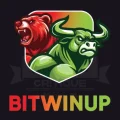

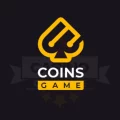

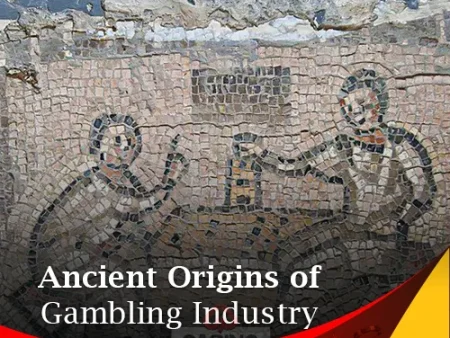

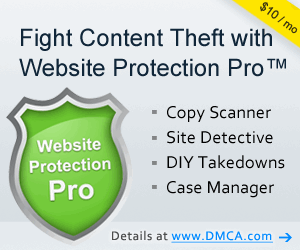

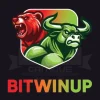
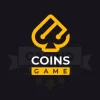










Your point of view caught my eye and was very interesting. Thanks. I have a question for you.
Please drop it.
Thank you for your sharing. I am worried that I lack creative ideas. It is your article that makes me full of hope. Thank you. But, I have a question, can you help me?